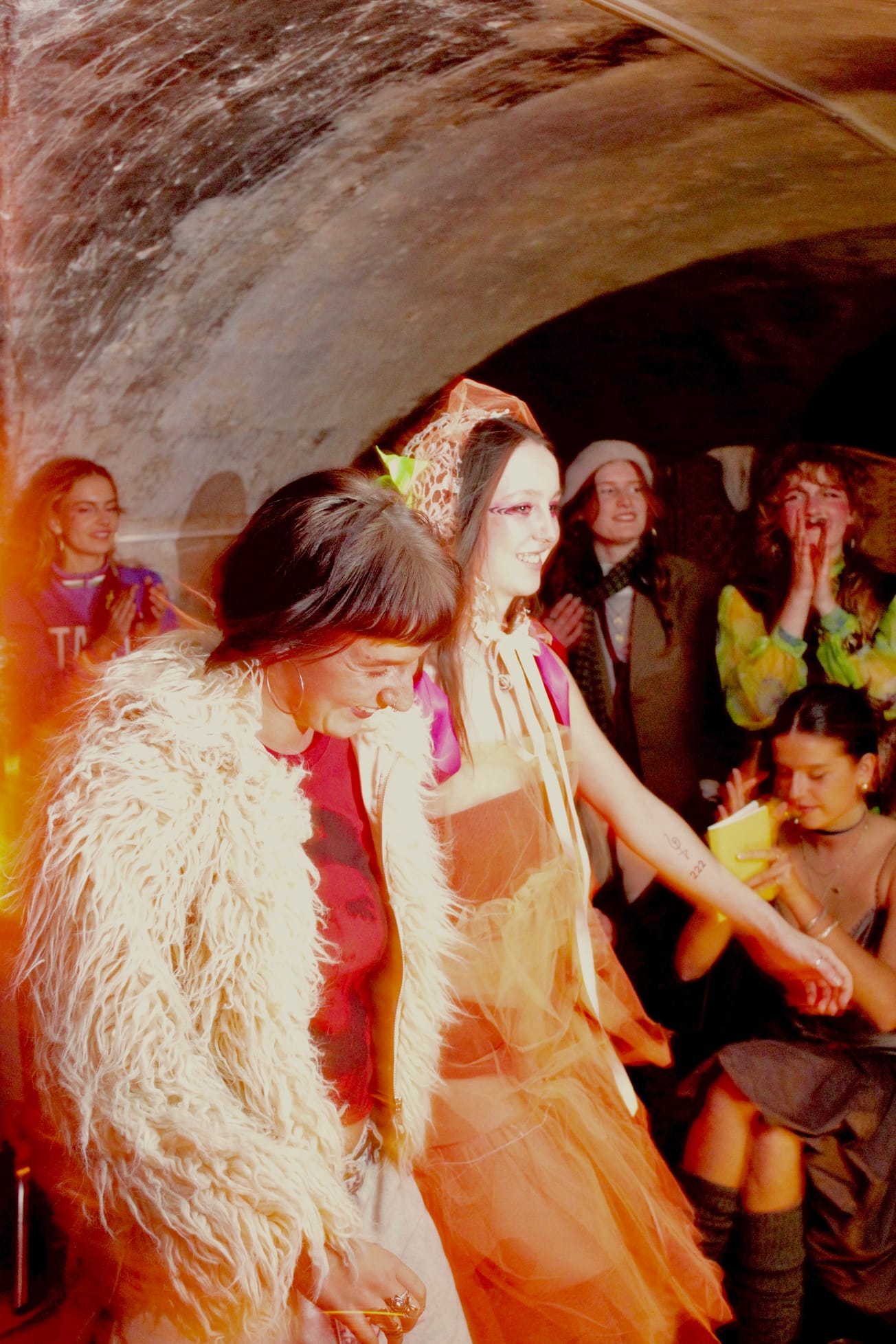'While a £3 t-shirt from Primark may seem like a bargain to many western consumers, cheap clothing tends to mean exploited labourers working behind it'. Second year Sociology student Joanna Turvill discusses the effects of fast-fashion, claiming that though fashion houses have shyed away from fur and leather, the problem lies in consumerism.
Fashion consumes the lives of many of us, but what some may not know is that much of what we buy ends up in landfill sites, with the UK having thrown out 300,000 tonnes of clothing in 2016 alone. We are now in an era of sustainability, with the influence of David Attenborough’s recent and much loved Planet Earth II showing the horrors plastic waste has on the world, and the growing New Year’s trend of ‘Veganuary’, it seems as though consumers are gradually becoming more aware of the impact that products have on their bodies and the environment.
Within this expanding awareness of how each of our daily lives affects the planet comes the growing awareness of the ethical implications of fashion. When lifelong vegetarian Stella McCartney first launched her self-titled fashion brand in 2001 she was met with skeptics who doubted how successful a ‘fur-free’ and ‘leather-free’ brand could be, but she beat her critics; now multiple labels – including Hugo Boss and Gucci – have implemented fur-free policies.
However, ethical fashion is not just about being against killing ‘cute’ animals for clothes and accessories, it covers a variety of issues involving sustainable production, working conditions and the exploitation of workers.
Globalization and consumer culture has allowed for the production of clothing to be quickly done in mass quantities, and sold for increasingly lower prices in high street stores. Yet the production of this ‘throwaway fashion’ generates huge negative environmental and social consequences.
#SchoolhousethriftShop Each piece of "fast fashion" clothing a woman buys lasts only 5 weeks in her wardrobe before being donated or thrown away.
— The Frugal Dietitian (@FrugalDietitian) February 6, 2018
- Fashion is the 5th most polluting industry in the world.
- An estimated 168 million children are forced to work in sweatshops.
Much of the world’s fabric is provided by fibers such as nylon, polyester and cotton, all of which leave a damaging footprint on the earth. Nylon and Polyester are man-made synthetic fibers manufactured from petrochemicals that are polluting to the atmosphere. They are also non-biodegradable and consume an enormous amount of energy in production, all of which means they are a major cause of global warming.
One of the most used fabrics in the fashion industry is cotton but, despite it’s breathability, conventionally grown cotton uses 22.5% of the world's insecticides and 10% of the world's pesticides, which are chemicals that can be extremely harmful to wildlife, the environment and the people who grow it (Ethical fashion Forum). The production of cotton is also widely associated with forced labor. Uzbekistan is one of the largest cotton exporters in the world, however each year millions of people – including students, doctors and teachers – are forced to pick cotton under threats of penalties such as job loss and expulsion from education. Each year this system claims several lives and exposes dangerous chemicals to the forced labourers (Cotton Campaign).
I only learnt recently, of the dangers of #cottonfarming. Monstrous social and environmental risks associated; yet we purchase clothing without questioning. Thankfully, #slowfashion and sustainable forms of organic cotton production are changing things, little by little.
— Aparna Rao (@AparnaRaoV) February 4, 2018
So while a £3 t-shirt from Primark may seem like a bargain to many western consumers, cheap clothing tends to mean exploited labourers working behind it. Fast fashion pushes companies to constantly look for sources of cheap labour to employ in the manufacturing of commodities, and sadly children often fulfil these roles. ASOS, and high street shops such as H&M and Marks & Spencer have all been targets in child labour investigations and it is estimated 168 million children still remain trapped in child labour, many of which work full-time (United Nations).
Millennials have a new shopping habit that could spell trouble for Forever 21 and H&M https://t.co/MVHNjHZRH6 pic.twitter.com/pDCVuZ7QUX
— Business Insider (@businessinsider) March 4, 2018
Fashion is moving forward ethically, with events such as ‘Ethical Fashion Show Berlin’ and the showcasing of designers Vin and Omi who brought a political message of sustainability in their 62-piece collection made from recycled bottles at the recent London Fashion Week. But there is still a long way to go since throwaway fashion is looking like it’s here to stay.
Featured Image: Janko Ferlič / unsplash.com
What do you think of consumerism and the ethics of fashion? Let us know:
Facebook, , Twitter, Instagram









